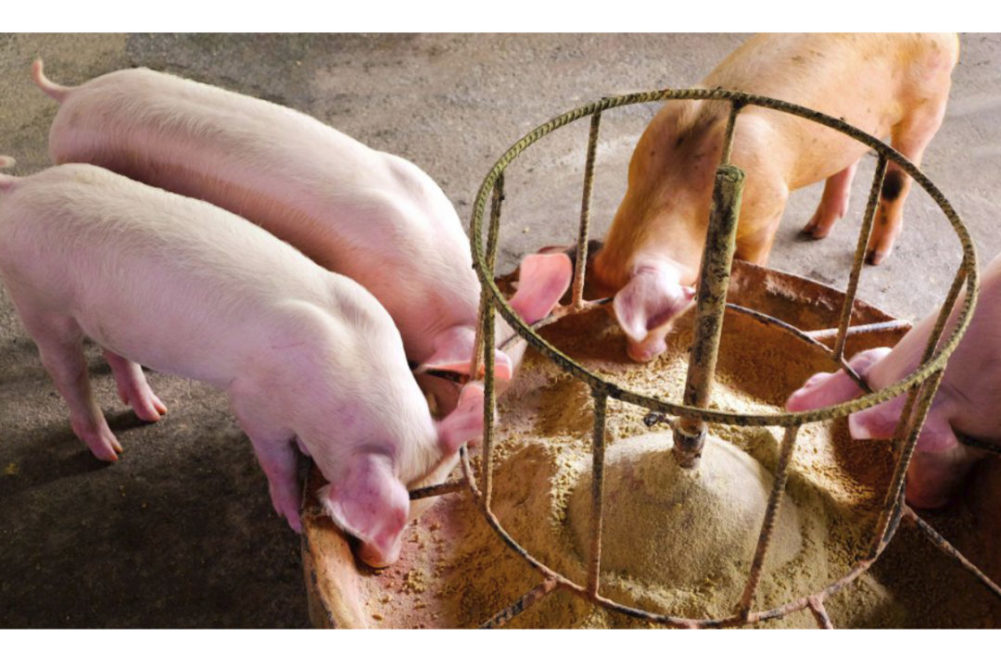BRANDENBURG, GERMANY – Two cases of African swine fever (ASF) were reported in domesticated pigs in Germany on July 16, according to the country’s food and agriculture ministry.
According to information from the Friedrich-Loeffler Institute, the first cases came from the eastern state of Brandenburg when the disease was found at one organic farm. The pigs were destroyed after the disease was found.
In September 2020, Germany confirmed its first case of ASF with the World Organization for Animal Health (OIE) in wild boar. Throughout Poland, which borders Brandenburg, ASF cases are widespread.
A report in Reuters said 1,267 ASF cases had been reported in wild boar.
Native to Africa, ASF has spread to Eastern European and Asian countries over the last few years. It is a hemorrhagic disease of pigs, warthogs, European wild boar and American feral pigs. ASF is highly contagious, and swine of all age groups are susceptible to it. Currently, there are no vaccines against the disease.
Mortality rates in a swineherd can be as high as 100%, and death can occur within two to 10 days on average, according to the OIE. The virus isn’t harmful to humans and doesn’t represent a food safety risk.


